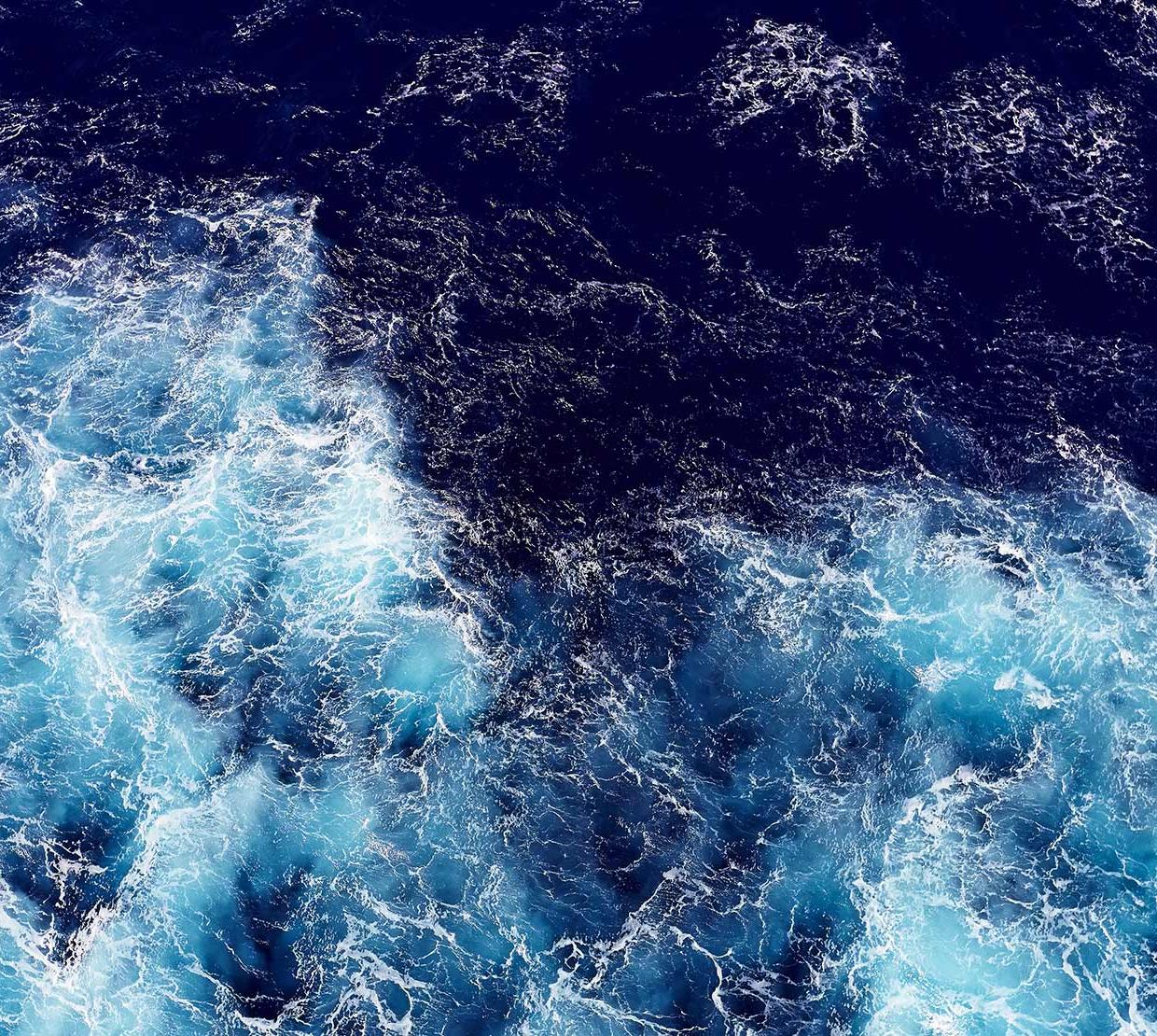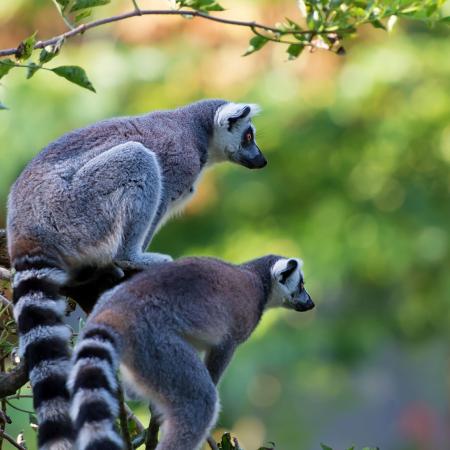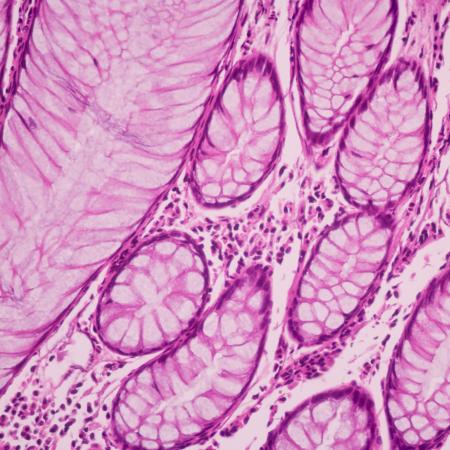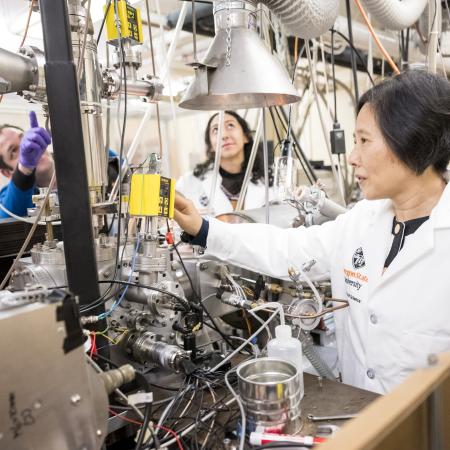Marine biologist and head of the Integrative Biology Department, Virginia Weis has devoted her career to exploring symbiotic relationships. The foundation of healthy coral reefs is the beneficial symbiosis between coral animals and algae that reside inside of coral cells. The coral host provides protection and nutrients to the algae in return for food provided by algal photosynthesis. A healthy symbiosis is required for reefs to thrive.
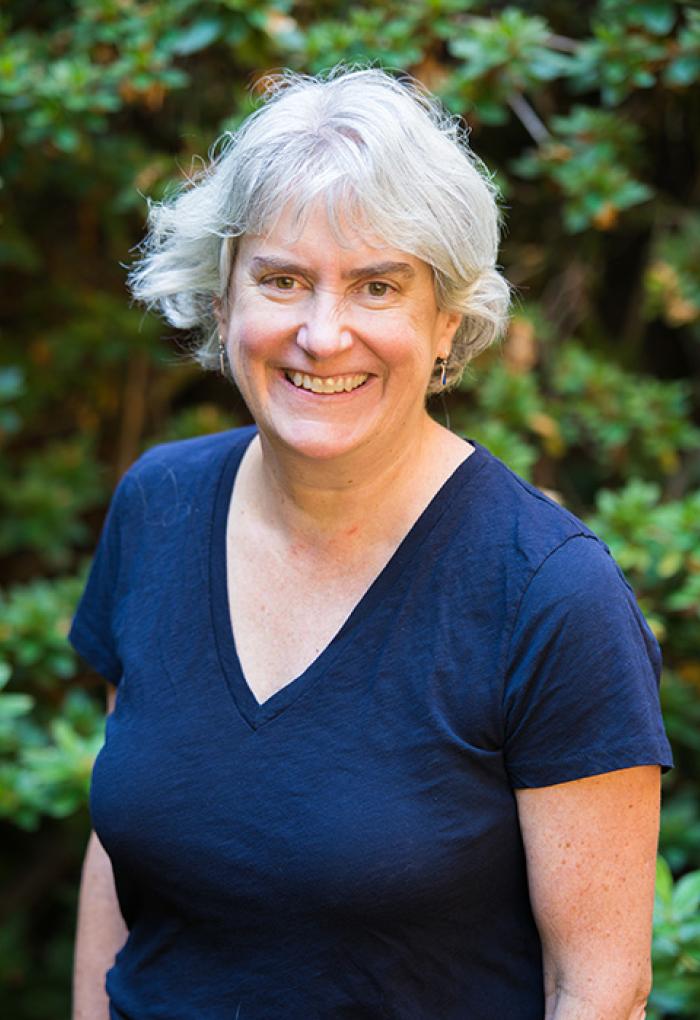
Virginia Weis, Director of the School of Life Sciences and Chair of the Department of Integrative Biology
Coral bleaching, so much in the news during this El Nino year, results from the breakdown of the symbiotic partnership and can cause 100% coral mortality and reef destruction. Weis' research focuses on the molecular and cellular conversations between the partners that result in the formation and maintenance of the partnership and also the communication breakdown that occurs during coral bleaching.
Recently, Weis and two other researchers were awarded a three-year NSF grant for $583,000 to study these interactions in detail. Insight into the basic workings of coral-algal symbiosis are critical to help scientists understand how and if corals can survive and adapt to a rapidly changing planet.
Weis is collaborating with Boston University biologist Tom Gilmore to examine the role of the coral immune system in managing and communicating with its symbionts and with OSU chemist Sandra Loesgen to identify molecules that participate in interpartner communication. These inter-partner molecular conversations are very similar to those that occur between microbes and other animals including humans.
By gaining a deeper understanding of animal-microbe interactions in an ancient relative of higher animals, we are able to enhance our understanding of the evolution of the immune system.
